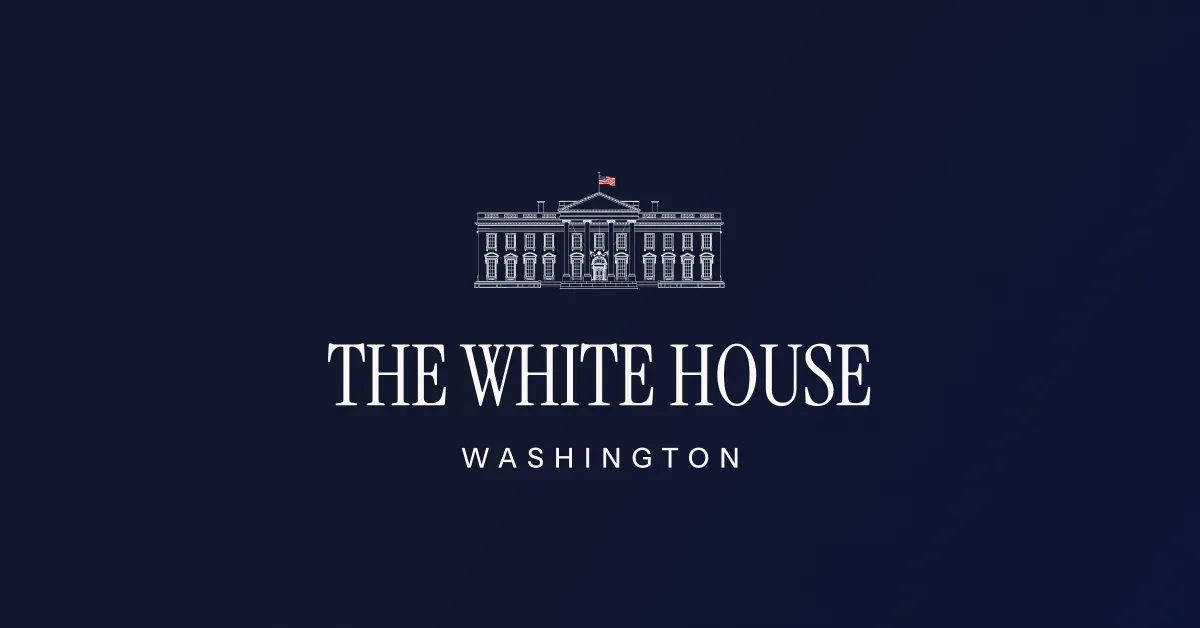
President Donald J. Trump is taking decisive action to safeguard the United States by implementing tariffs on Canada and Mexico under the International Emergency Economic Powers Act (IEEPA). This move aims to combat the extraordinary threats to U.S. national security, particularly focusing on the public health crisis posed by unchecked drug trafficking.
Despite offering both Canada and Mexico ample opportunities to address the dangerous activities of drug cartels, both nations have failed to provide adequate solutions. The current influx of contraband drugs, especially fentanyl, has escalated into a national emergency and severe public health crisis. Mexican drug trafficking organizations, recognized as the world’s leading fentanyl traffickers, operate with relative impunity due to their troubling relationship with the Mexican government.
Mexican drug cartels, notorious for their extreme brutality and corruption, have established control over vast regions of Mexico. The Sinaloa and Jalisco cartels, in particular, are known to manufacture fentanyl in clandestine labs, producing the drug both in powder form and pressed into counterfeit pills. These illicit drugs are trafficked into the United States through numerous entry points, with approximately 97% of seizures occurring at the U.S.-Mexico border.
The violence associated with these cartels is escalating, as they increasingly employ armed drones and roadside IEDs in their conflicts with each other and against Mexican military and law enforcement personnel. This dangerous alliance with the Mexican government poses a significant threat to U.S. national security, necessitating urgent action to eliminate the influence of these cartels.
Notably, there is a rising presence of Mexican cartels operating fentanyl and nitazene synthesis labs in Canada. A recent study highlights Canada's increased domestic production of fentanyl, indicating its expanding role in international narcotics distribution. Drug trafficking organizations in Canada maintain robust "super labs" primarily located in rural and dense areas, capable of producing between 44 to 66 pounds of fentanyl weekly.
Even though fentanyl seizures at the northern border are smaller than those at the southern border, they still pose a significant threat, with potential to kill approximately 9.5 million Americans due to the drug's potency. The amount of fentanyl seized at the northern border in the early months of this fiscal year is rapidly approaching the total seized during the entirety of fiscal year 2022, underscoring Canada's growing involvement in this crisis.
When President Trump was elected, he was given a clear mandate to secure the U.S. border. His administration is now taking steps to rectify the situation exacerbated by the Biden Administration, which has seen more than 10 million illegal aliens attempt to enter the United States. This influx is not limited to the southern border; encounters at the northern border with Canada are also on the rise.
The consequences of this sustained influx are profound, affecting various aspects of national life. Overcrowded schools, increased housing costs, drained welfare systems, and rising crime rates are just a few of the challenges faced by communities across the nation. The presence of gang members, smugglers, and human traffickers, alongside the ongoing flow of illegal drugs, continues to threaten public safety.
Last fiscal year, Customs and Border Protection (CBP) apprehended over 21,000 pounds of fentanyl at U.S. borders, enough to potentially kill more than 4 billion people. In 2023 alone, the Drug Enforcement Administration (DEA) has seized over 25,697 kilograms of fentanyl pills and more than 7,272 kilograms of fentanyl powder at the southern border, with additional seizures of over 659 kilograms of fentanyl pills and more than 650 kilograms of fentanyl powder at the northern border.
The CDC reports that fentanyl has been the leading cause of drug overdose deaths in the U.S. from 2021 to present, with synthetic opioids responsible for 68% of all drug poisoning deaths. The staggering toll of fentanyl overdoses has surpassed the number of American lives lost during the entirety of the Vietnam War, illustrating the urgent need for effective action.
President Trump is committed to ensuring that U.S. trade policy supports national interests. In his Presidential Memorandum on American First Trade Policy, he emphasized that trade policy is a crucial component of national security. He has pledged to sign necessary documents to impose a 25% tariff on all products imported from Mexico and Canada until drug trafficking, particularly fentanyl, and the influx of illegal aliens cease.
During his first term, President Trump established the President’s Commission on Combating Drug Addiction and the Opioid Crisis, declaring the opioid crisis a public health emergency. His administration successfully used tariffs as leverage to address security threats and protect American interests. By prioritizing national security and public health, President Trump continues to fulfill his promise to combat the flood of illegal drugs and secure the borders of the United States.